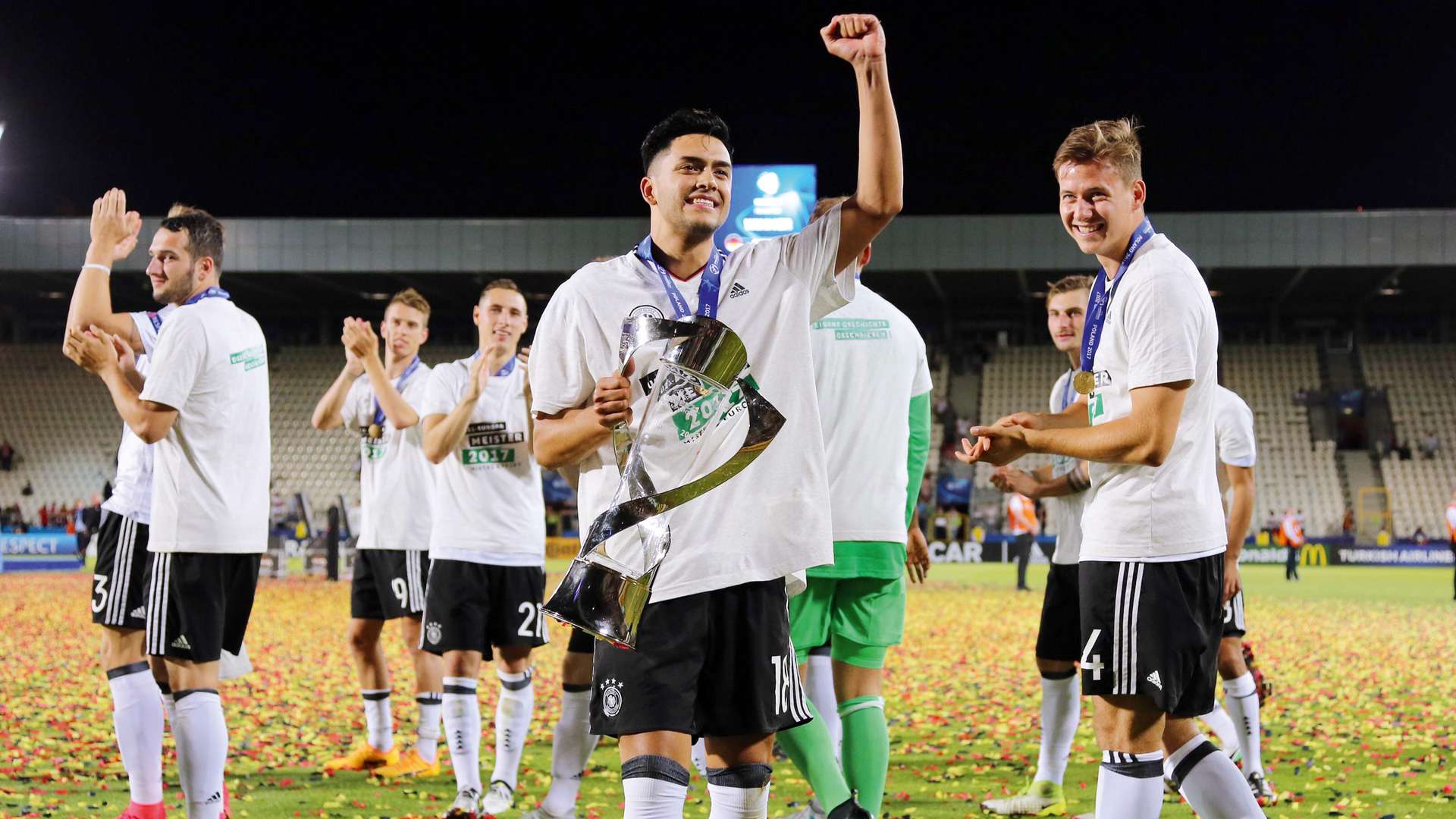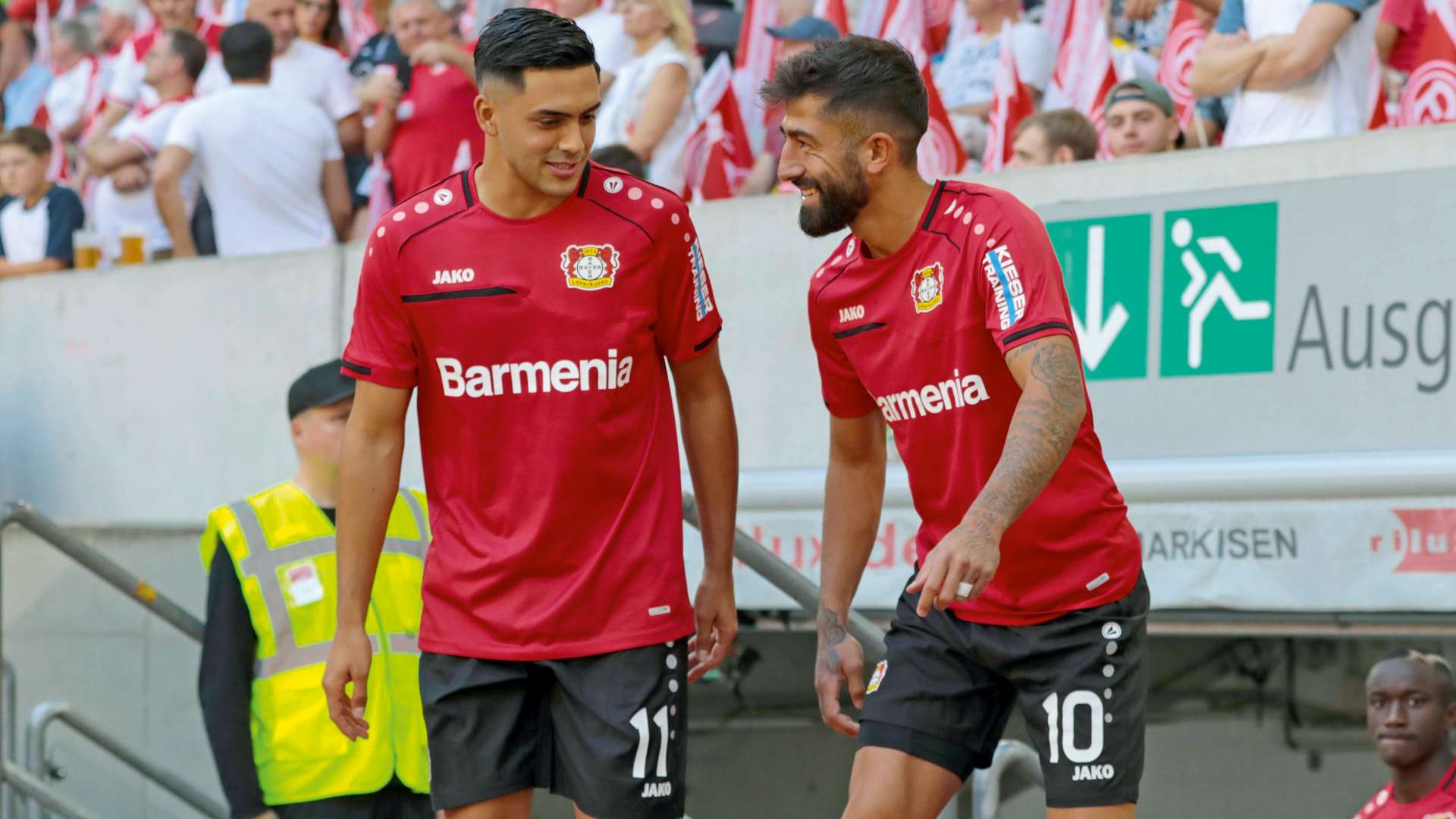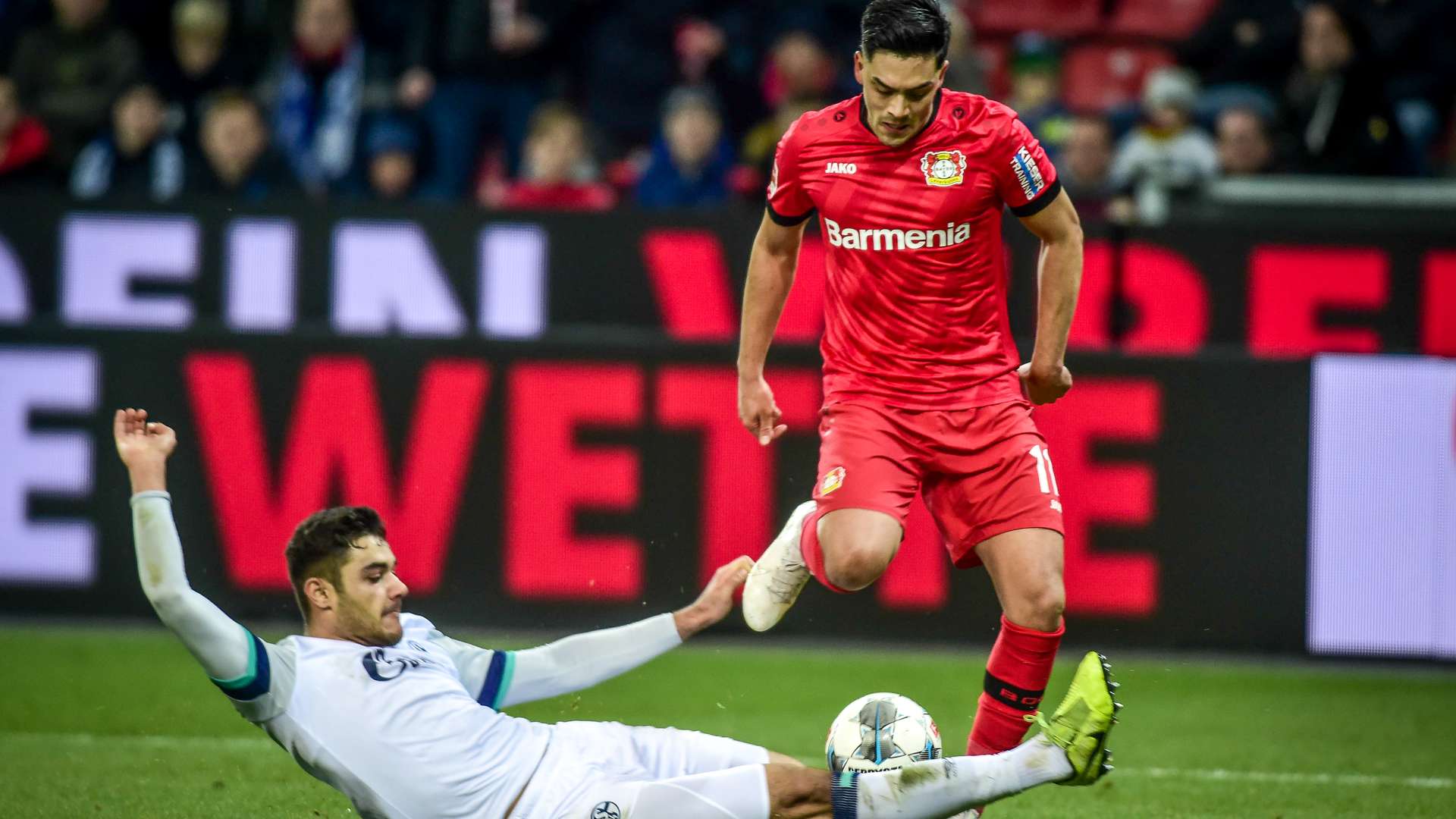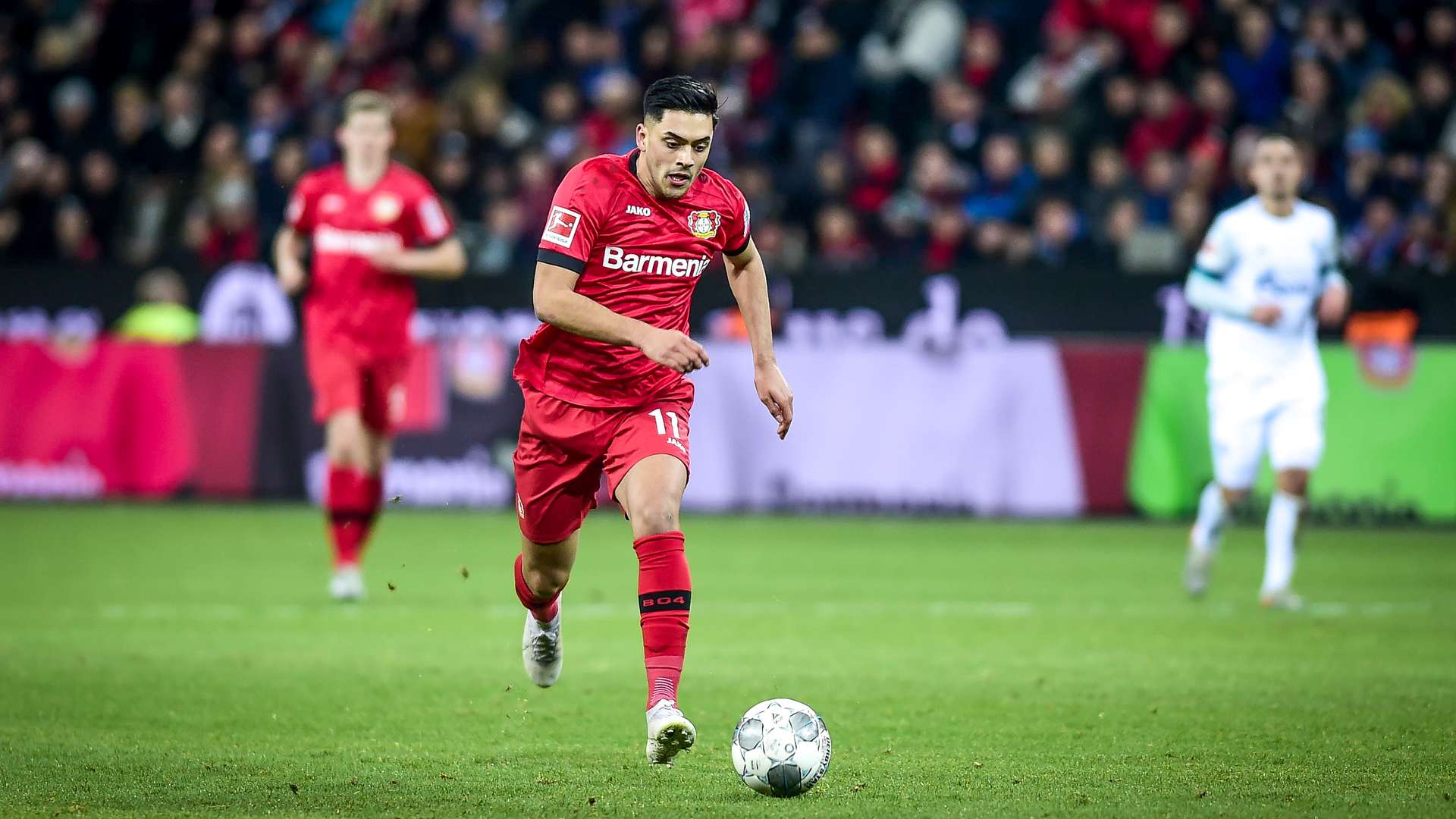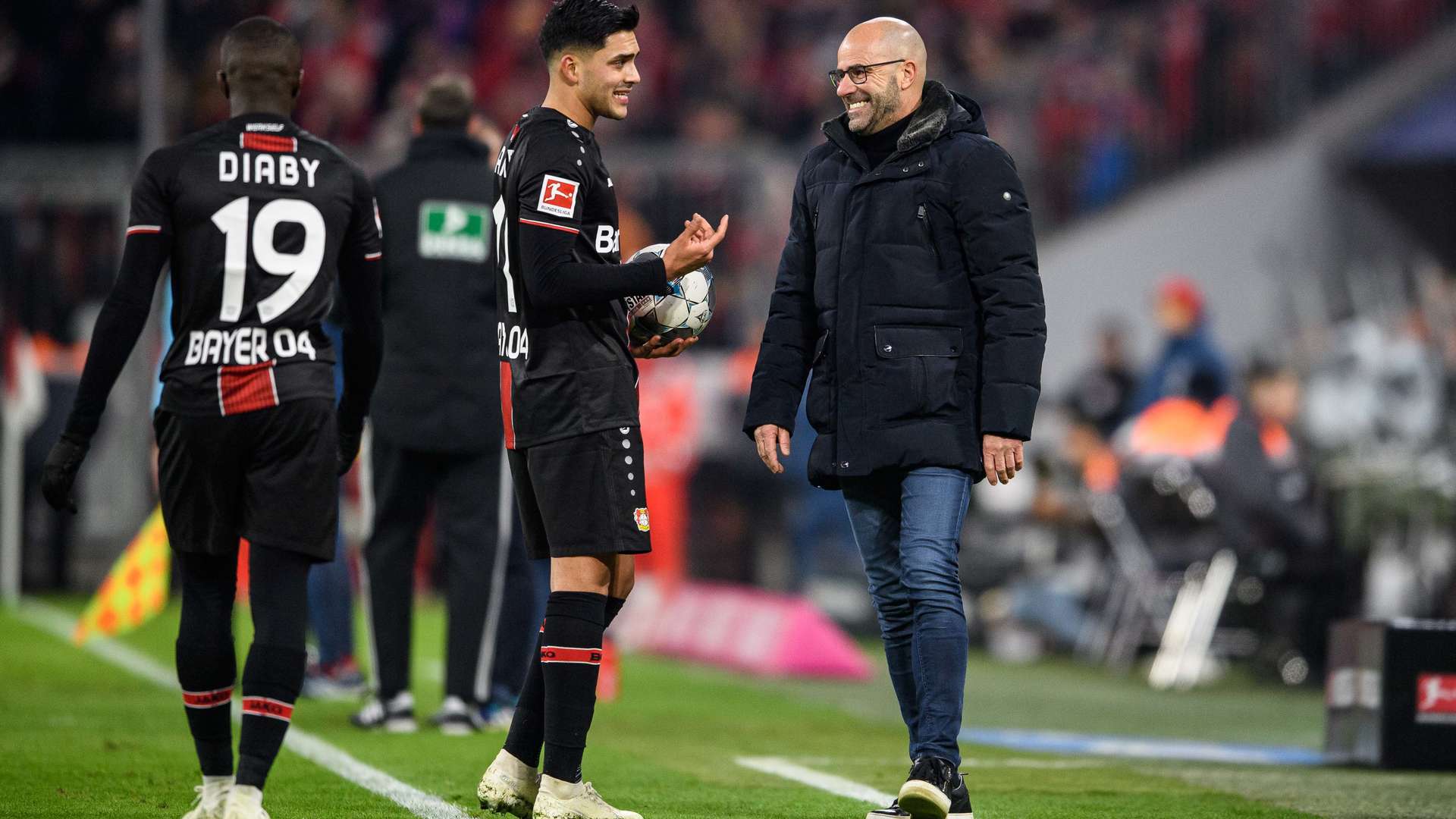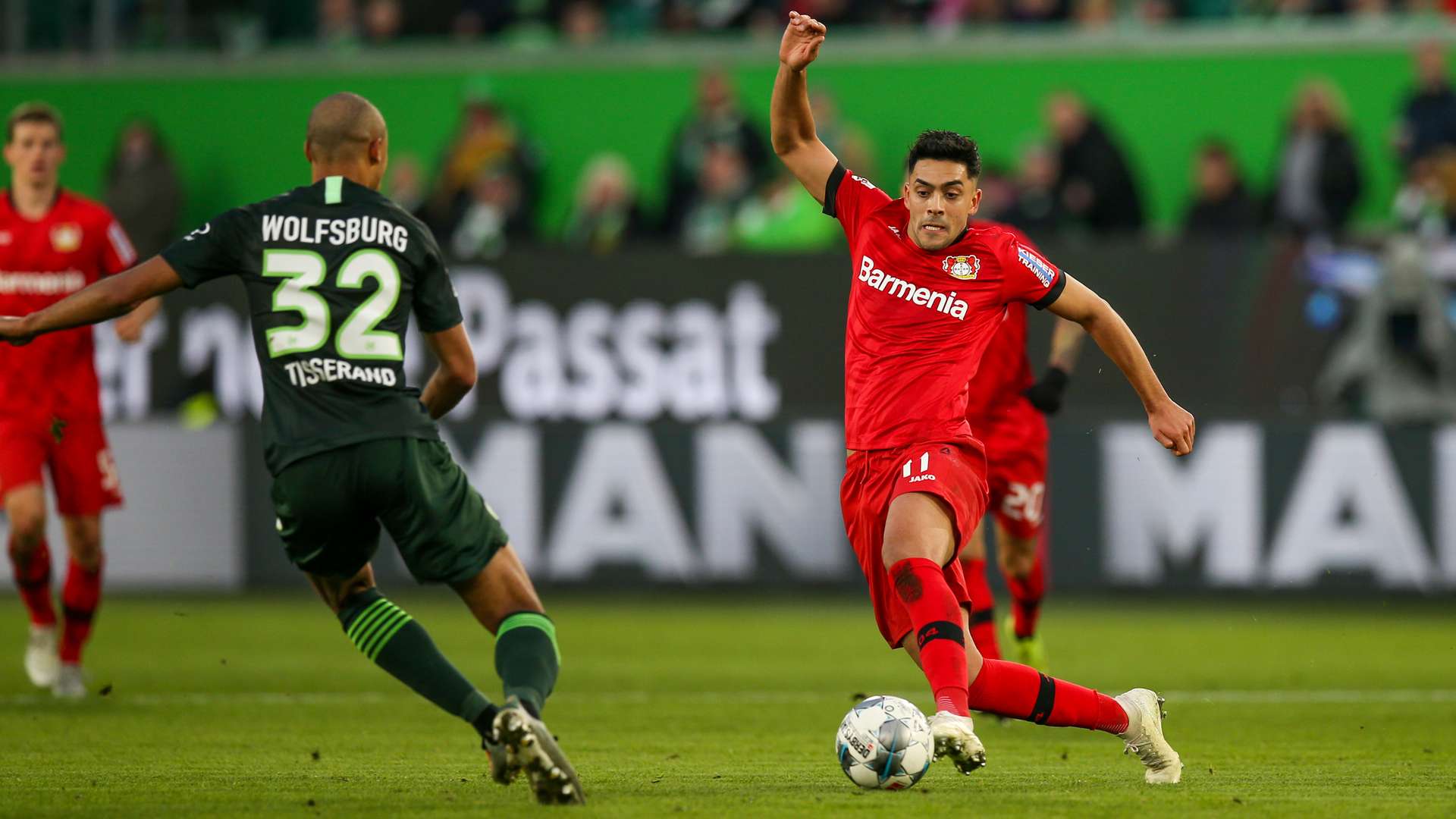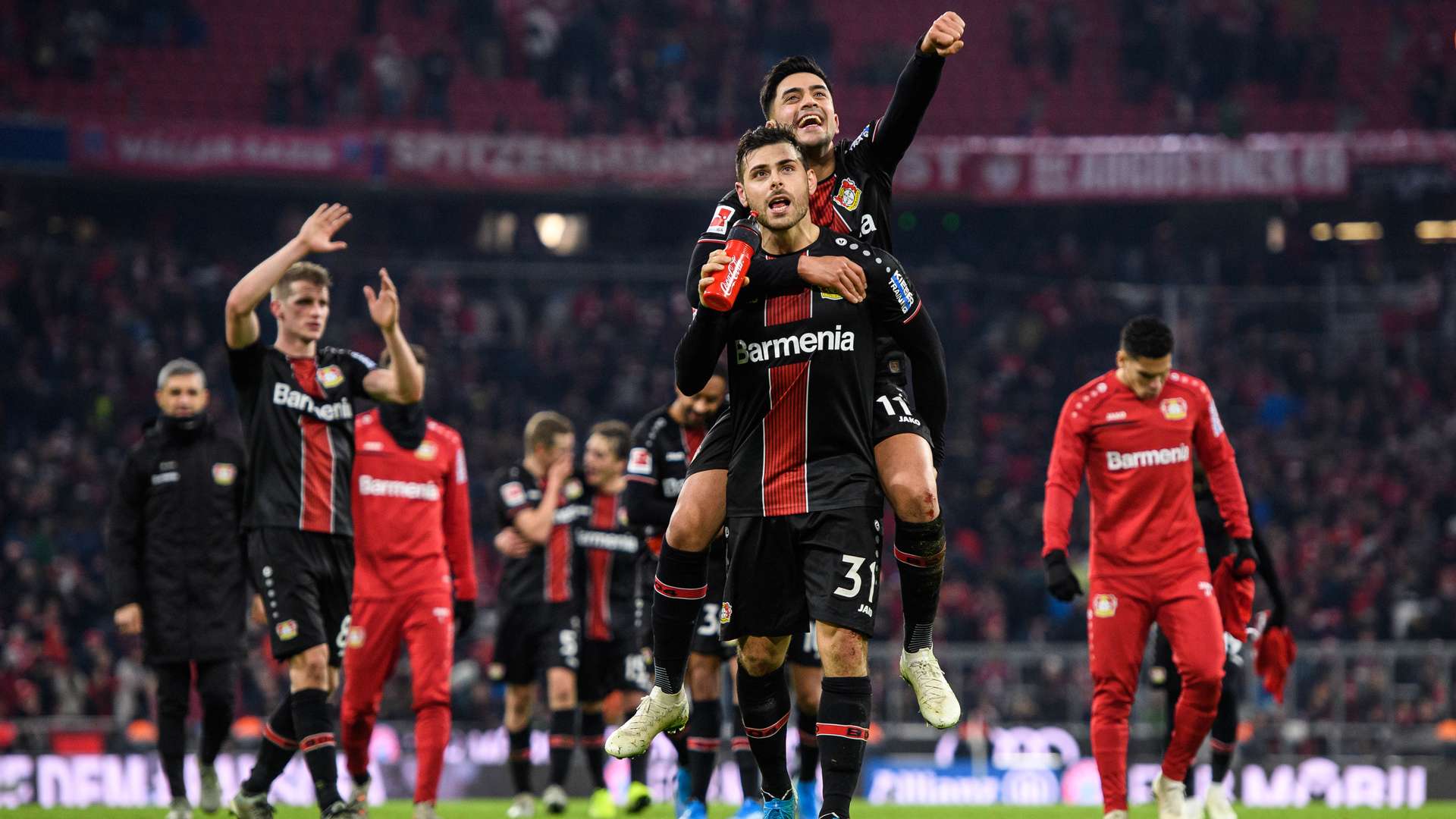Nadiem Amiri: At home on the Rhine
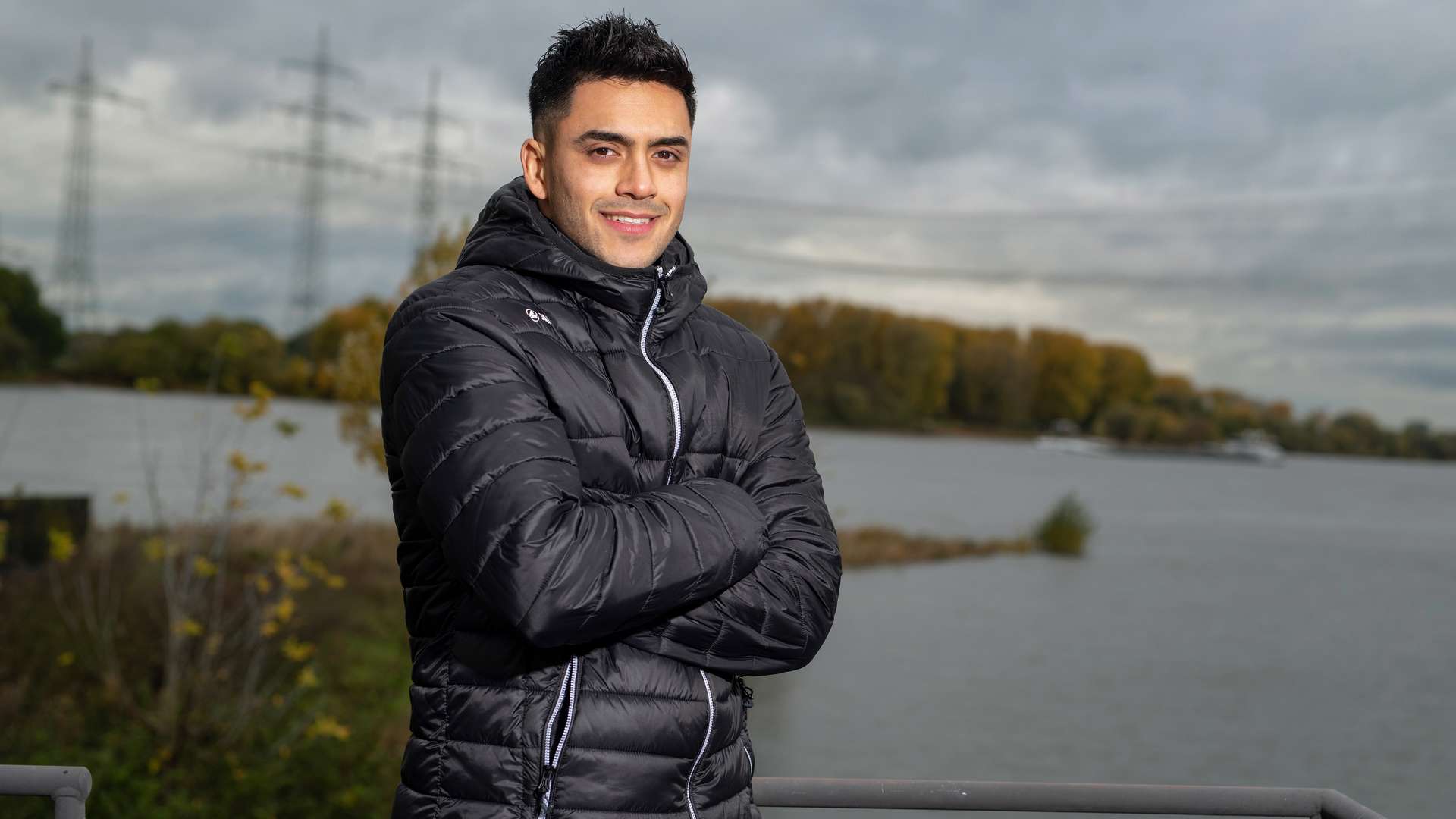
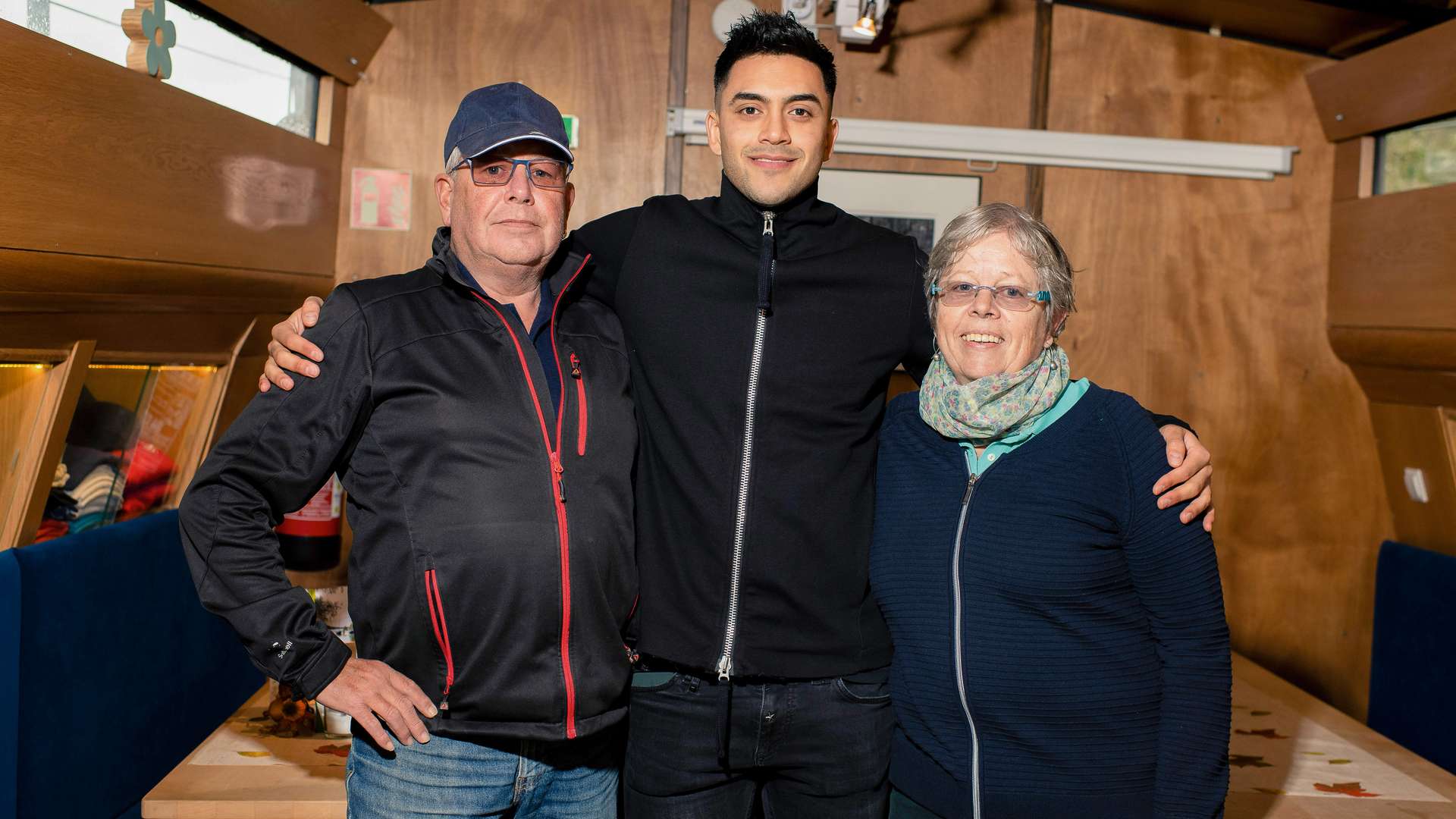
Nadiem Amiri on the ‘Freiheit’ with Uwe Bertrams and Helga Voigt.
„A lot was destroyed. I saw tanks on the streets.
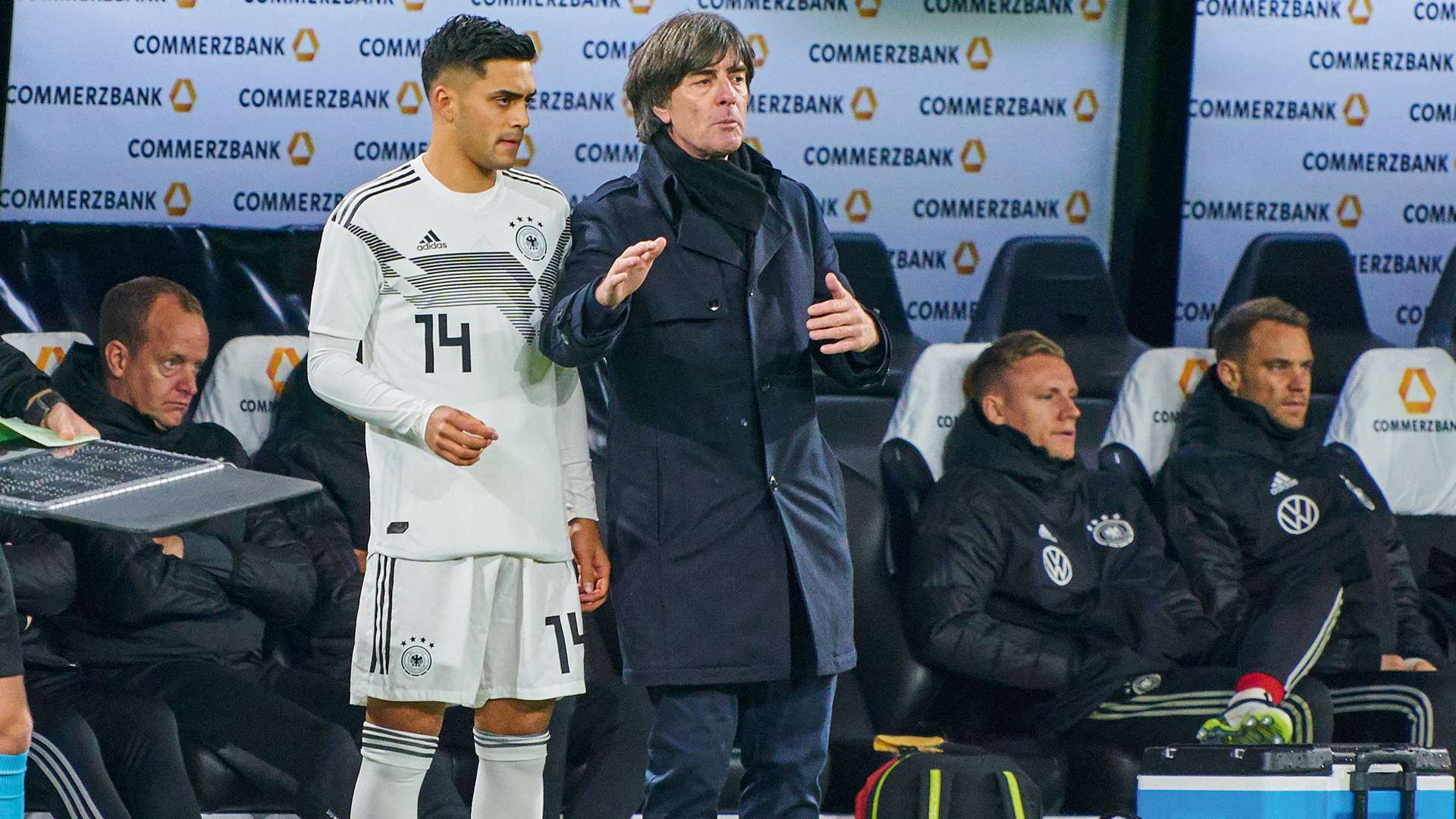
Debut for Germany: Nadiem won his first cap for the team coached by Joachim Löw against Argentina in October.
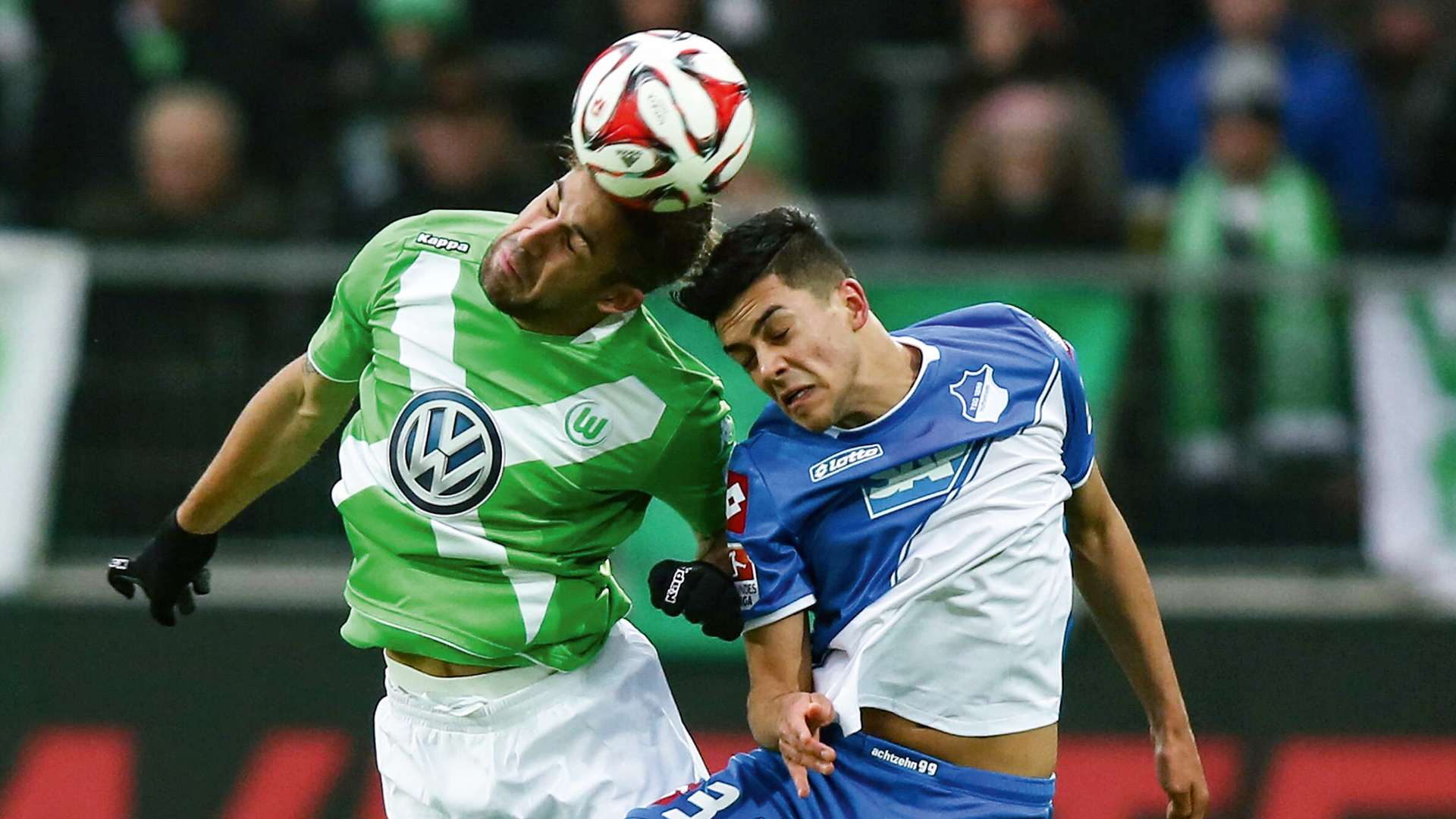
Bundesliga debut: Nadiem's first opponent was Wolfsburg's Ricardo Rodriguez in February 2015.
„I'm still very much of a street footballer and nobody can take that out of me
